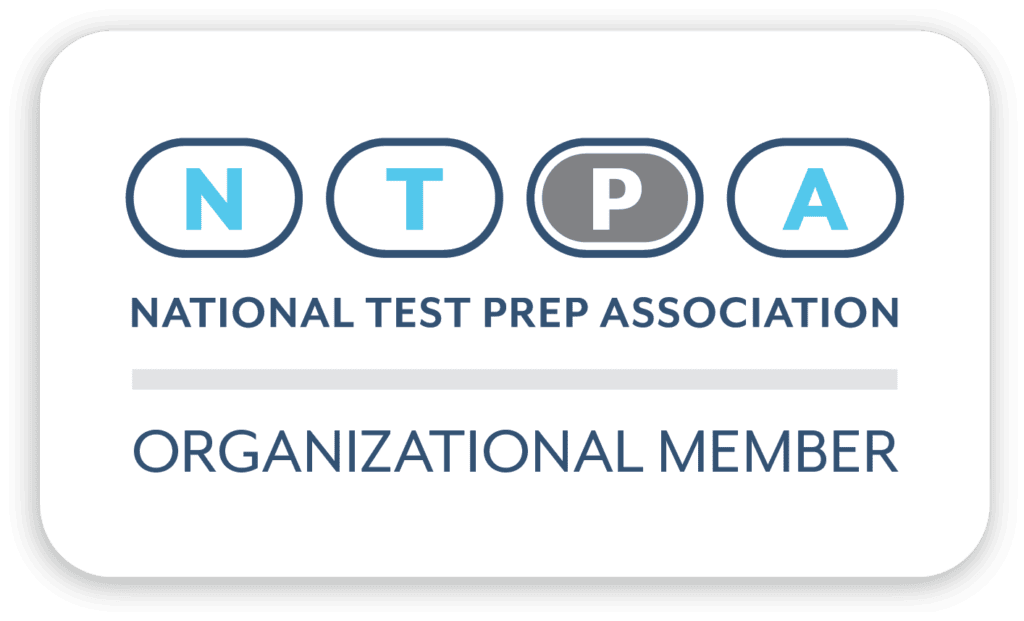The transition to college can be difficult, and it’s important to understand what support systems are available to your student. Students with disabilities will need to know exactly what types of accommodations they will receive at their new school – and what they will not – so that they can effectively advocate for themselves on campus.
If your student is receiving extra time on tests in high school, for example, will they receive those same accommodations in college? And what paperwork might they need to secure this accommodation? It can be tricky to navigate this crucial component of the college admissions process, so we spoke with Dana Roth, MSW at Dana Roth Educational Consulting about the college accommodation process – and what you need to secure accommodations for your student.
What are accommodations?
When we talk about accommodations, we’re talking about assistance provided to students with a disability or a particular diagnosis, such as a learning disability, ADHD, anxiety disorder, or a sensory disorder like deafness or blindness. Accommodations nowadays can also include chronic health conditions like Crohn’s Disease.
Accommodations are provided to students based on how their diagnosis impacts their daily lives. Let’s dive into some of the accommodations students might receive in college.
What kinds of accommodations might a student receive in college?
Is your student already receiving accommodations in high school? Good news! In most circumstances, the accommodations that a student receives in high school will make them eligible for similar accommodations in college.
Common accommodations include extended testing time, reduced distraction settings, access to professor notes, note-taking services, and more.
“In some cases, there might be instances where students can have extensions on assignments or excused absences, depending on what a student’s diagnosis is and how it impacts them on a day-to-day basis,” Roth says.
What documentation do you need for college accommodations?
You should expect to submit the same type of documentation you used in high school to your student’s university. However, it is important to remember that many colleges have different requirements for accommodations.
Once you decide where to matriculate, reach out to the disability services office. You and your student can have an open conversation about your student’s diagnosis and their accommodations, and confirm what paperwork your student will need to submit. Your student’s university can provide better support when your student shares their documentation, including medical diagnosis and neuropsychological report.
When should the family update their student’s documentation in anticipation of the college process?
This is an important question for students and parents alike, Roth says. In almost all cases, it’s best to submit the most recent documentation based on the school’s specific requirements.
You should update your student’s documentation during their senior year or right before college so that your student doesn’t have the hassle of obtaining new paperwork halfway through their college experience. By updating their documentation right before college, or even during their senior year of high school, your student may be able to carry those accommodations over to graduate school.
Are colleges more accommodating than high schools?
Generally speaking, accommodations from high school to college tend to be quite similar. If you had time and a half for exams in High School, “you will likely receive time and a half in college, provided that your documentation supports that,” Roth said.
However, modifications to a student’s curriculum, like fewer options on multiple-choice tests, will generally not be provided. Why? Because these types of modifications affect the actual assessment of work, “which would be seen as getting in the way of a professor’s academic freedom,” Roth says.
However, in many cases, your student can expect similar accommodations from high school to university.
When – and how – to reach out to disability services
A visit to the college campus is one of the best times to connect with a college’s disability services office. Actually going to the office will help your student become familiar with the environment and establish a connection with the people who work in the office. Even something as simple as identifying the location of the disability office on campus can help ensure that your student uses the many resources available to them.
Don’t just stop there, though. Make sure to connect with the disability office throughout the college search and the decision-making process. You and your student need to learn more about the culture of the department. Does your student feel welcome when you visit? Do you have a point person to help you and your student succeed? How does the department operate?
Make sure to connect with the office after your student has been admitted as well This will be the best time to understand what accommodations – if any – your student will receive. It’s time to dive into the nitty gritty before making your final decision.
Remember: we’re focusing on access, not success. We’re not looking to fix a problem – we’re looking to empower students with the appropriate tools, Roth said.
What to ask when contacting disability services
What types of questions should you and your student ask when contacting Disability Services? Well, before you contact Disability Services, start with a conversation at home. What has allowed your student to be successful so far? What do they need to continue being successful? And which accommodations might not be necessary in college?
For example: does your student really benefit from extra tutoring help? Some campuses offer an independent tutor for students to meet with, one-on-one! Does a note-taker help them the most? Zero in on these important topics during your discussion.
Remember to focus on what accommodations students need for their college experience to be successful. When you speak with Disability Services, remember to ask about what options your student will have. Will these options be paid, or free? Is there extra support, if you need it? These are all important questions to figure out how to help your student best succeed.
Key Takeaways
When it comes to accommodations for your student, remember: it’s key to start the process early and communicate with the university. You want to understand what accommodations may be offered before your student matriculates – and what extra support they can access along the way.
Thanks so much to Dana Roth, MSW from Dana Roth Educational Consulting for her expertise. You can contact her here, or follow her on Instagram to get a glimpse of college tours.






